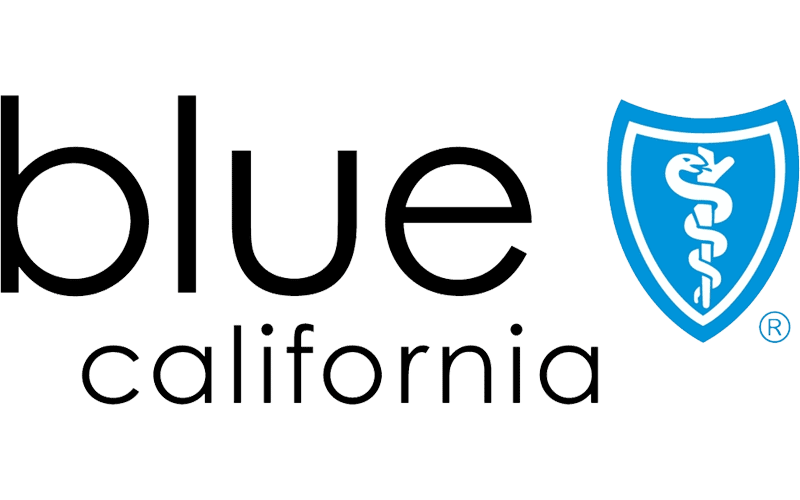Accepted health insurance plans






What are end-of-life transitions?
End-of-life transitions refer to the emotional, psychological, and spiritual experiences that come with facing one’s own mortality or supporting a loved one through this stage. It can bring grief, fear, sadness, and uncertainty that deeply affect daily life and relationships.
You don’t have to navigate this journey alone. With compassionate psychiatric support, you and your loved ones can find comfort
25–50% of patients
face depression
Many with advanced illness struggle with mood disorders. (NIMH)
20% experience
suicidal thoughts
Specialized psychiatric care can ease distress and reduce risk.
60% of caregivers
report high distress
Supporting a loved one often leads to anxiety, grief, and burnout. (APA)
Support improves
quality of life
Psychiatric care enhances coping, resilience, and overall well-being.
Treatment options we offer
Psychiatric evaluation & diagnosis
Identify emotional needs and guide care at end of life.
Medication management
Relief for anxiety, mood changes, pain, or sleep issues.
Therapy referrals or combined care
Collaboration with therapists, hospice, and palliative teams.
Telehealth services
Receive expert care from the comfort of home.
Why choose us for end-of-life support
Board-certified psychiatrists and psychologists
Experienced in end-of-life care, grief, and emotional support.
Personalized, evidence-based plans
Tailored support for patients, families, and caregivers.
Confidential and compassionate care
No judgment—just understanding, care, and expert treatment.
We accept most major insurance plans
Aetna, Magellan, Cigna, Blue Shield, MHN, Healthnet.
7 signs of end-of-life transition struggles you shouldn’t ignore
Facing the end of life brings many emotions, and it’s normal to feel overwhelmed at times. But when distress becomes constant, it can affect peace, comfort, and relationships during this stage.
Here are 7 signs of end-of-life struggles you shouldn’t ignore—especially if they’ve been affecting you or a loved one for weeks or months.
1Intense feelings of fear or sadness Facing mortality may bring overwhelming emotions that feel hard to manage alone.
2Withdrawal from loved ones You may avoid family or friends, struggling to connect during this difficult time.
3Sleep problems or restlessness Trouble falling asleep, nightmares, or waking often can worsen emotional strain.
4Persistent hopelessness A sense of despair or loss of meaning may take over daily thoughts and mood.
5Irritability or anger You may feel short-tempered, easily upset, or frustrated more than usual.
6Difficulty coping with change Adjusting to new realities in health or care can feel overwhelming and exhausting.
7Thoughts of giving up Feelings of wishing life would end sooner are a serious sign that support is needed.
When to reach out for help
If end-of-life challenges are bringing overwhelming emotions for you or your loved ones, you don’t have to face them alone. Baywell’s board-certified psychiatrists provide compassionate evaluations, medication support, and therapy referrals to help you find comfort and peace during this time.
Questions or concerns?
If you need help, please call our office at 415-922-9122 and our receptionists will assist you. Zoom’s FAQ page may also help to answer some of your questions.
Zoom HIPAA compliance
The Zoom software used by Baywell is HIPAA compliant to protect your privacy and security in accordance with federal laws. We encourage our patients to review Zoom’s HIPAA compliance datasheet for more information.
Find peace and support today
You don’t have to face this journey alone. Our compassionate team is here to provide comfort, guidance, and expert support.
Call 415-922-9122 to get connected with a Baywell provider.
